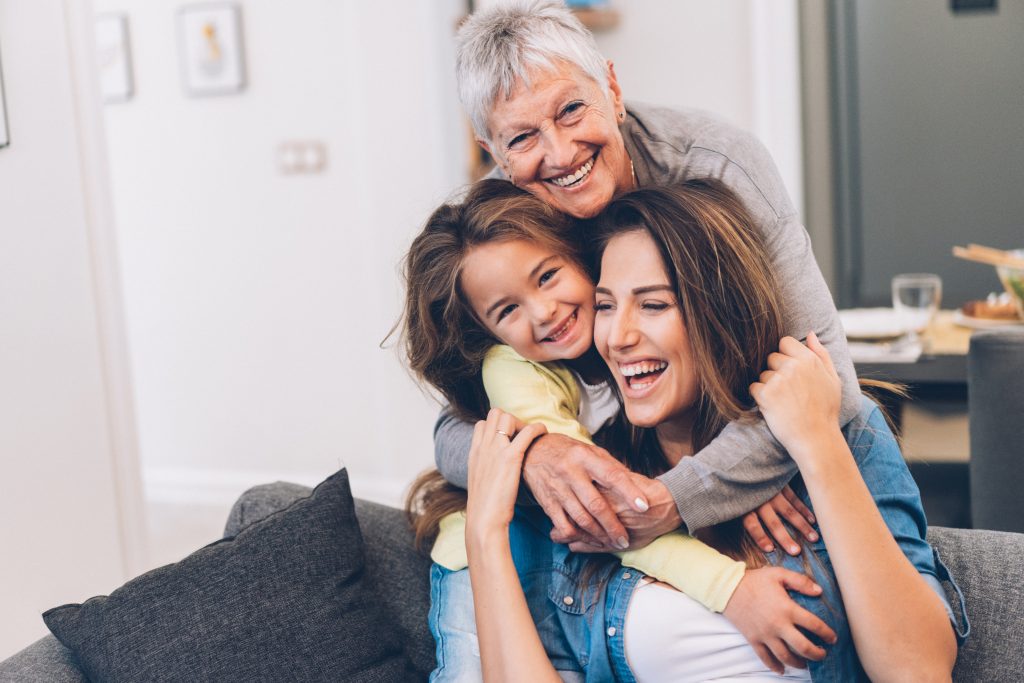
Blog post
Prioritizing Mental Health as a Universal Human Right
By: Neltada Charlemagne, DNP, APRN, PMHNP-BC, PHN, BHC
In honor of Senior Citizens Day, learn about the importance of staying connected with senior loved ones.

31 years ago, the U.S. Congress and President Ronald Reagan declared August 21, 1988 to be the first National Senior Citizens Day to encourage public recognition of our senior citizens and their wisdom, leadership and contributions. Today, we support, honor and send gratitude to our seniors for their contributions that make our communities better places to live.
The Importance of Staying Connected
According to the Administration on Aging, about 28% (14.3 million) of all noninstitutionalized seniors in 2018 lived alone (9.5 million women, 4.8 million men). The amount living alone increases with increased age, for example, 44% of women over age 75 lived alone. Maintaining independence can instill confidence and empowerment; however, there is an increased risk of health and safety concerns as well as an increased likelihood of depression and mental illness.
Physical Effects of Depression
Depression impacts the entire physical body, not just the brain, according to Harvard Medical School. It has been linked to low-grade inflammation, which can cause the clogging of arteries and the rupture of cholesterol-filled plaque. Depression also elevates stress hormones, which dull the response of the heart and arteries demands for increased blood flow. Additionally, it can activate blood cell fragments known as platelets, making them more likely to form clots in the bloodstream. (Harvard Medical School, 2016)
Spending quality time with our seniors increases social connection and individual well-being, providing both physical and mental benefits.
How to Stay Connected

By: Neltada Charlemagne, DNP, APRN, PMHNP-BC, PHN, BHC

Older adults can safeguard themselves from the physical, mental and emotional toll of unexpected medical costs.

Optum Care Network – Monarch has teamed up with Landmark to deliver in-home medical care to members with multiple chronic conditions.